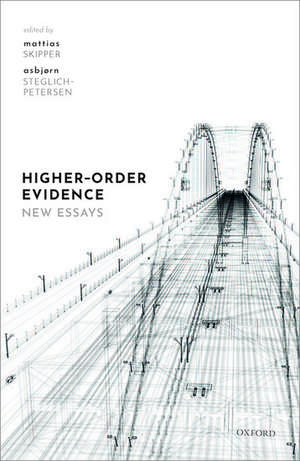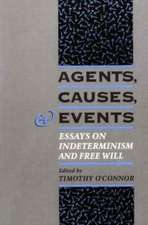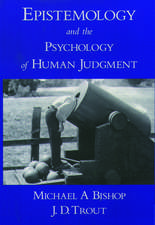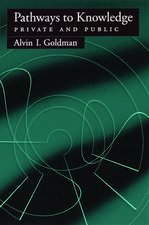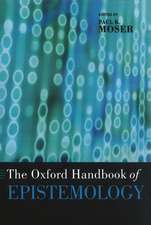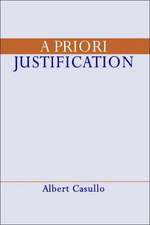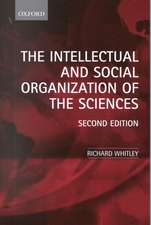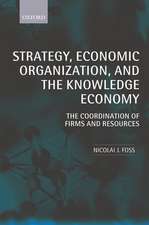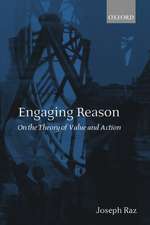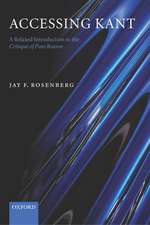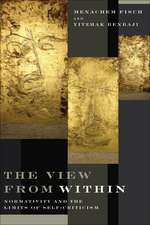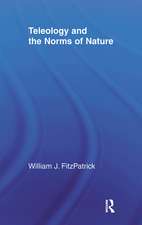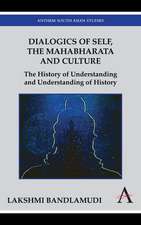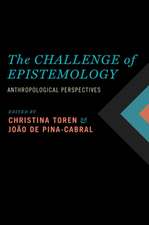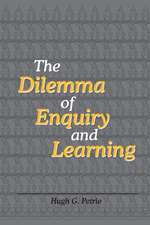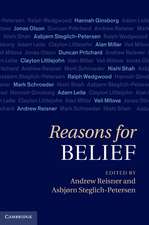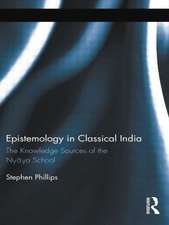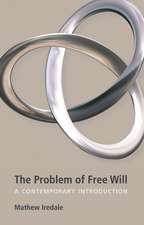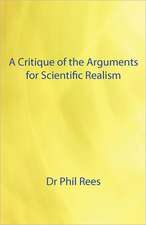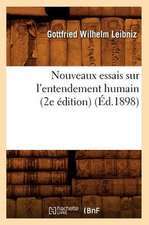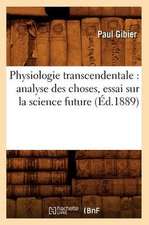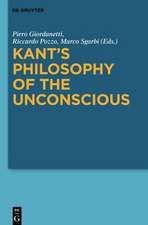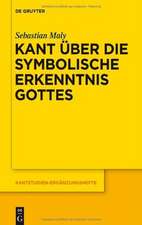Higher-Order Evidence: New Essays
Editat de Mattias Skipper, Asbjørn Steglich-Petersenen Limba Engleză Hardback – 17 oct 2019
Preț: 524.23 lei
Preț vechi: 698.53 lei
-25% Nou
Puncte Express: 786
Preț estimativ în valută:
100.31€ • 105.01$ • 83.00£
100.31€ • 105.01$ • 83.00£
Carte disponibilă
Livrare economică 04-10 martie
Preluare comenzi: 021 569.72.76
Specificații
ISBN-13: 9780198829775
ISBN-10: 0198829779
Pagini: 336
Dimensiuni: 161 x 235 x 23 mm
Greutate: 0.62 kg
Editura: OUP OXFORD
Colecția OUP Oxford
Locul publicării:Oxford, United Kingdom
ISBN-10: 0198829779
Pagini: 336
Dimensiuni: 161 x 235 x 23 mm
Greutate: 0.62 kg
Editura: OUP OXFORD
Colecția OUP Oxford
Locul publicării:Oxford, United Kingdom
Recenzii
The book provides rich historical context and compiles a huge wealth of data in one place. It will be of interest to any student of phonological development, especially those who are interested in a concrete framework for defining and measuring a childs phonological patterns from a larger lexical perspective. At the same time, with its references to exemplar theory (e.g. Jusczyk 1992) and Dynamic Systems Theory (Thelen & Smith 1994), the book is also relevant for those more broadly interested in cognitive development. Data from children learning a variety of languages, along with detailed appendices of childrens productions and adult templatic forms, will be tantalising for linguists who may want to do further analyses.
This is the first volume to be entirely dedicated to issues concerning higher-order evidence, and it will go a long way in advancing and shaping these relatively new debates. Higher-Order Evidence is sure to be of great interest to anyone captivated with contemporary debates in epistemology, particularly those with an interest in formal epistemology.
This is the first volume to be entirely dedicated to issues concerning higher-order evidence, and it will go a long way in advancing and shaping these relatively new debates. Higher-Order Evidence is sure to be of great interest to anyone captivated with contemporary debates in epistemology, particularly those with an interest in formal epistemology.
Notă biografică
Mattias Skipper is a PhD Candidate in Philosophy at Aarhus University. He works mainly in epistemology, including formal and social epistemology, but also has interests in philosophical logic, philosophy of language and philosophy of science. His dissertation project aims to shed light on a number of issues concerning the normative role of higher-order evidence.Asbjørn Steglich-Petersen is Professor of Philosophy at Aarhus University. He has published widely in epistemology, philosophy of mind, metaphysics, and philosophy of language, with a major strand of work devoted to epistemic normativity and the nature of belief. He is the co-editor of Reasons for Belief (Cambridge 2011).
